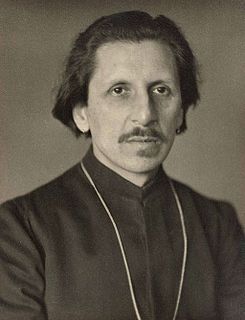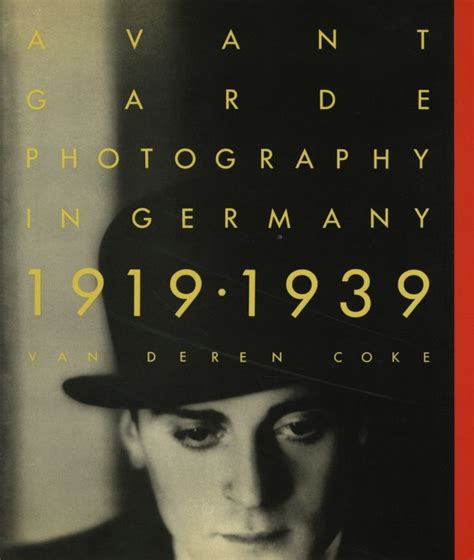Цитата Эдварда Бульвер-Литтона, 1-го барона Литтона
Первое, что необходимо для успеха в искусстве, которым вы занимаетесь, — это уважение к самому искусству.
Темы цитат
Связанные цитаты
Изобразительное искусство, существующее только для себя, есть искусство в состоянии окончательного бессилия. Если никто, в том числе и художник, не признает искусство средством познания мира, то искусство низводится до своего рода шумной комнаты разума, а безответственность художника и несоответствие искусства реальной жизни становится неотъемлемой частью мировоззрения. практика искусства.
Искусство — это не что-то материальное. Мы не можем назвать картину «искусством», как подразумевают слова «артефакт» и «искусственный». Вещь, созданная искусством, есть произведение искусства, но не само искусство. Искусство остается в художнике и является знанием, с помощью которого создаются вещи.
Привело ли это вас к выводу, что фотография – это искусство? Или это просто средство записи? "Я рад, что вы спросили об этом. Я хотел сказать это в течение многих лет. Готовка - это искусство? Говорить - это искусство? Даже рисование - это искусство? Искусство создает искусство, а не само средство. Конечно, фотография — это искусство, когда она в руках художников».
Искусство заставляет людей задуматься, а затем, если они смотрят на картинку, возможно, они прочитают текст под ней, который гласит: «Приходите на Юнион-сквер, на антивоенный митинг в пятницу». С тех пор я действую таким образом: искусство — это средство для достижения цели, а не просто цель сама по себе. В художественной школе нас всегда учат, что искусство — это самоцель — искусство ради искусства, самовыражения, и этого достаточно.
Практика медитации подобна игре на фортепиано, баскетбольным упражнениям, уроку бальных танцев. Практика требует дисциплины; это может быть утомительно; Это необходимо. После того, как вы достаточно попрактиковались, вы становитесь более опытным в самой форме искусства. Вы не тренируетесь, чтобы стать великим игроком или чемпионом по тренировкам. Вы тренируетесь, чтобы стать музыкантом или спортсменом. Точно так же никто не практикует медитацию, чтобы стать великим медитирующим. Мы медитируем, чтобы проснуться и жить, научиться искусству жизни.
Искусство — это микроскоп ума, который обостряет ум так же, как другой обостряет зрение; и превращает каждый объект в маленькую вселенную сам по себе. Можно сказать, что искусство сбрасывает завесу с природы. Для тех, кто совершенно не искусен в практике, не проникнут принципами искусства, большинство объектов представляются лишь беспорядочной массой.
Искусство, напротив, искало эту гармонию в практике [самого искусства]. Все больше и больше в своих творениях он придавал внутреннему миру то, что нас окружает в природе, пока в неопластицизме природа перестала доминировать. Это достижение равновесия может подготовить путь к реализации человека и обозначить конец (того, что мы называем) искусством.
Подобно обучению искусству молодых студентов в возрасте от 10 до 15 лет или около того, вы должны разбить его на небольшие кусочки, важные компоненты. Вы должны — вы знаете, на данный момент я так привык действовать в рамках заданных предположений об искусстве. Но когда вы объясняете искусство студентам-художникам или людям, которые плохо знакомы с этим опытом, вы действительно должны вернуться к основам.
Мы утверждаем, что обучаем принципам и практике медицины, или, другими словами, науке и искусству медицины. Наука — это знание, сведенное к принципам; искусство есть знание, сведенное к практике. Однако знание и действие различны. ... Следовательно, ваши знания бесполезны, если вы не совершенствуете искусство врачевания. К сожалению, ученый очень часто обладает наименьшим количеством искусства, и он совершенно неудачен на практике; и, с другой стороны, может быть много искусства, основанного на бесконечно малом количестве знаний, и все же этого достаточно, чтобы сделать его культиватора выдающимся.
Частью триумфа модернистской поэзии является то, что она продемонстрировала, в какой степени стих может обходиться без явного значения и при этом не жертвовать чем-то существенным ради своего художественного эффекта. Здесь, как и прежде, можно полагаться на то, что успешное искусство само себя объяснит.
Мне нравится искусство с чувством юмора. У меня нет огромного художественного образования, чтобы все понимать. Однако я не думаю, что это означает, что искусство должно сводиться к наименьшему общему знаменателю. Я не думаю, что нужно идти в колледж, чтобы оценить великое искусство, но мне нравится искусство, которое не воспринимает себя слишком серьезно.





































